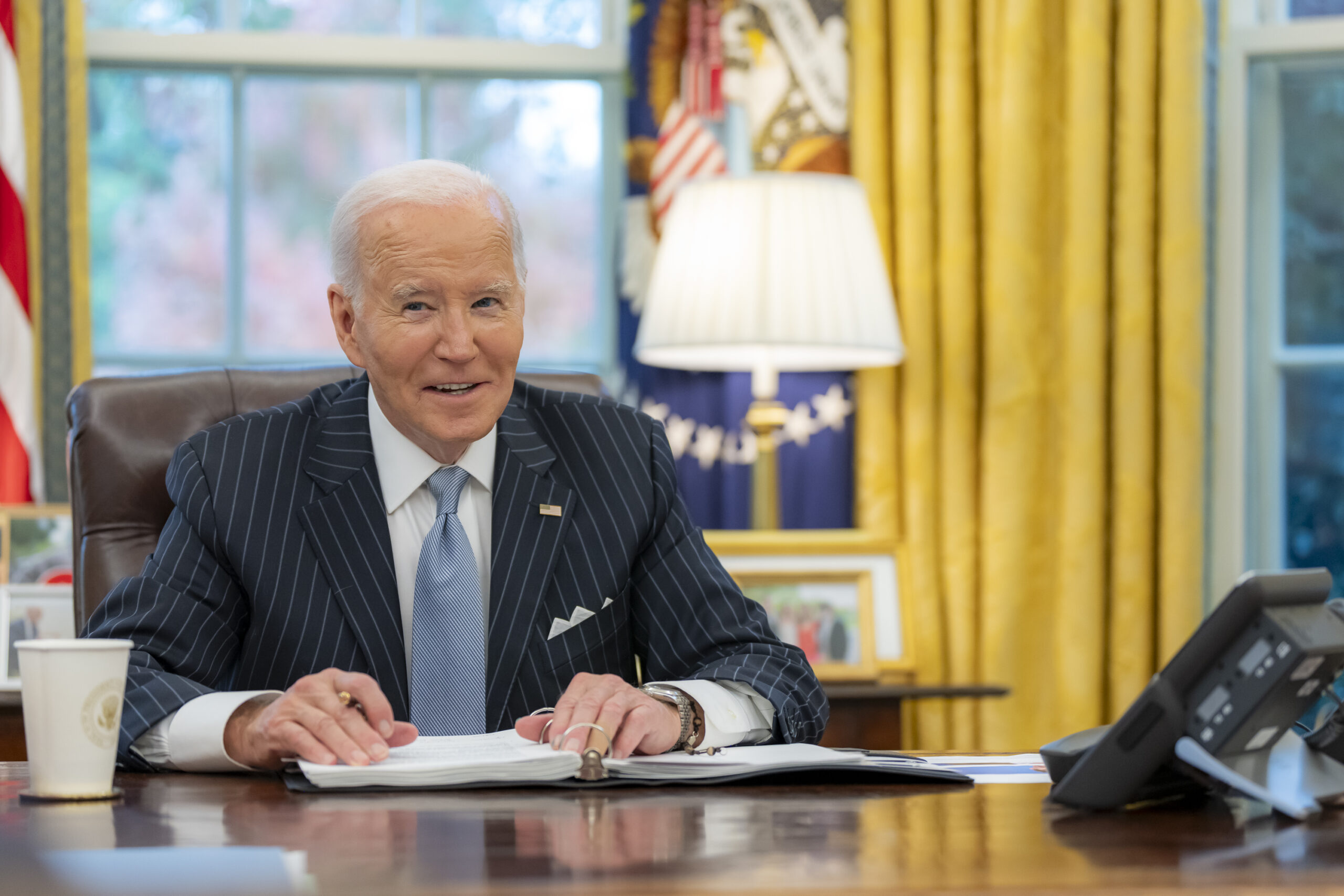MS Society apologizes for firing 90-year-old volunteer over pronoun use during DEI celebration
The National Multiple Sclerosis Society Apologizes for Firing 90-Year-Old Volunteer Over Pronouns
The National Multiple Sclerosis Society has finally issued an apology after firing a 90-year-old volunteer who failed to use preferred pronouns while celebrating diversity, equity, and inclusion.
In a statement from the non-profit organization, the MS society expressed regret for asking the volunteer, Fran Itkoff, to step down from her role as a group leader due to statements that did not align with their diversity, equity, and inclusion policy.
“We realize now that we made a mistake, and we should have had more conversations with Fran before making this decision,” the statement read.
The organization admitted that they lacked clear protocols and should have spent more time helping Fran understand their commitment to building a diverse and inclusive movement.
BREAKING: National Ms Society just released a statement backtracking on the entire story saying they were WRONG and APOLOGIZE to the 90-year-old volunteer who they forced to step down over pronouns.
“We realize now that we made a mistake.” “As an organization, we fell short.”… https://t.co/rhNSSPKQxo pic.twitter.com/5XJJjgdamm
— Libs of TikTok (@libsoftiktok) February 21, 2024
The MS society apologized directly to Fran and expressed their desire to find a way to continue working together. They also emphasized their commitment to evaluating their processes and ensuring their team members are equipped to implement their policies effectively.
Fran Itkoff, who has volunteered for the organization for over 60 years, was let go because she did not understand pronouns. Her story gained attention after an interview with Libs of TikTok, where she shared her experience. She received an email stating that she had failed to abide by the MS Society’s Diversity, Equity, and Inclusion guidelines, leading to her dismissal.
During the interview, Fran expressed her confusion about pronouns and their meaning. She had seen them in a few letters but didn’t understand their significance. The volunteer was shocked when asked to step down and couldn’t believe what she was reading.
Fran’s dedication to volunteering stemmed from her husband’s battle with MS, and she continued to contribute long after his passing 20 years ago.
Amanda Harding contributed to this piece.
What are the potential drawbacks and limitations of enforcing specific pronoun usage in the pursuit of inclusivity?
The incident occurred when Fran Itkoff, a 90-year-old volunteer, was leading a group discussion at the National Multiple Sclerosis Society. During the session, Itkoff failed to use the preferred pronouns of one of the participants. This caused discomfort among some members, and the organization promptly asked Itkoff to step down from her role as a group leader.
The decision to remove Itkoff from her position sparked a wave of criticism towards the National Multiple Sclerosis Society. Many argued that the organization’s actions were excessive and disproportionate to the offense committed. Furthermore, some felt that Itkoff, as a long-term dedicated volunteer, deserved more understanding and leniency.
Thankfully, the National Multiple Sclerosis Society has now recognized their error and has publicly apologized for their actions. In their statement, they acknowledged that they should have engaged in more conversations with Itkoff before making a final decision. They expressed their regret for the way the situation was handled and emphasized their commitment to diversity, equity, and inclusion.
The incident raises important questions about how organizations can navigate the complex landscape of inclusivity. While it is crucial to prioritize respect and sensitivity towards others’ gender identities and pronouns, it is also vital to approach these matters with nuance and compassion. The National Multiple Sclerosis Society’s initial response seemed to lack this nuance and compassion, leading to an unnecessary and regrettable fallout.
What this incident also highlights is the ongoing debate surrounding pronoun usage. Some argue that insisting on specific pronouns is an essential aspect of inclusivity. Others believe that while respecting individuals’ gender identities is important, the enforcement of using particular pronouns can be overly restrictive and punitive. This incident demonstrates the need for ongoing dialogue and education to create a more inclusive society.
It is encouraging to see the National Multiple Sclerosis Society take responsibility for their actions and issue a public apology. This demonstrates their willingness to listen and learn from their mistakes. It is crucial for organizations to foster an environment where diversity and inclusion are at the forefront, but it is equally important to approach situations like these with empathy and understanding.
As the conversation about gender identities and pronoun usage continues to evolve, it is essential for organizations to create clear policies and guidelines that prioritize both inclusivity and understanding. This incident serves as a reminder that effective communication and education are key in navigating these sensitive matters.
In conclusion, the National Multiple Sclerosis Society’s apology for firing a 90-year-old volunteer over pronoun usage signifies their recognition of their mistake. It is a crucial step towards rectifying the situation and can serve as a lesson for other organizations on how to handle similar incidents in the future. By promoting open dialogue, empathy, and understanding, we can strive towards creating a more inclusive society for all.
" Conservative News Daily does not always share or support the views and opinions expressed here; they are just those of the writer."





Now loading...